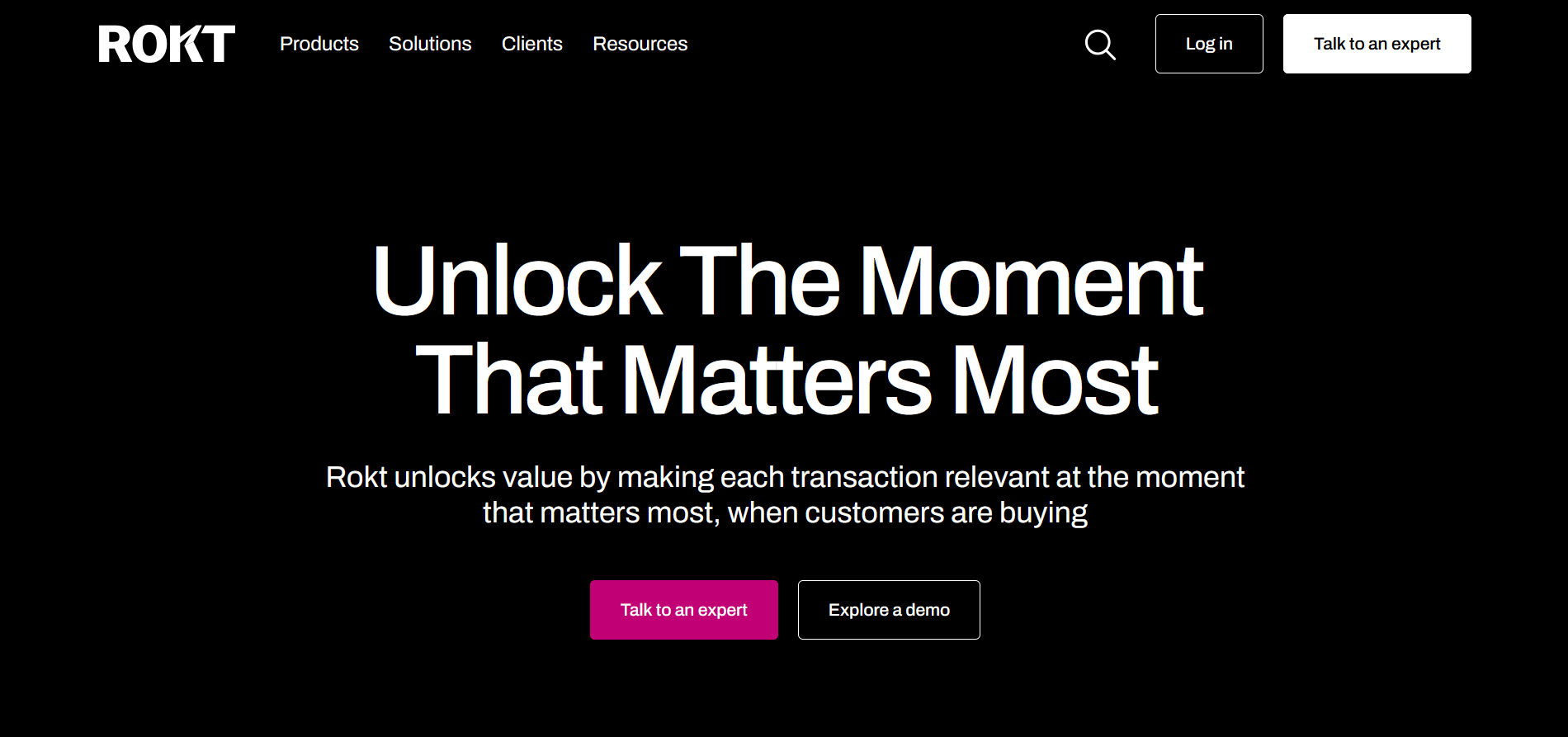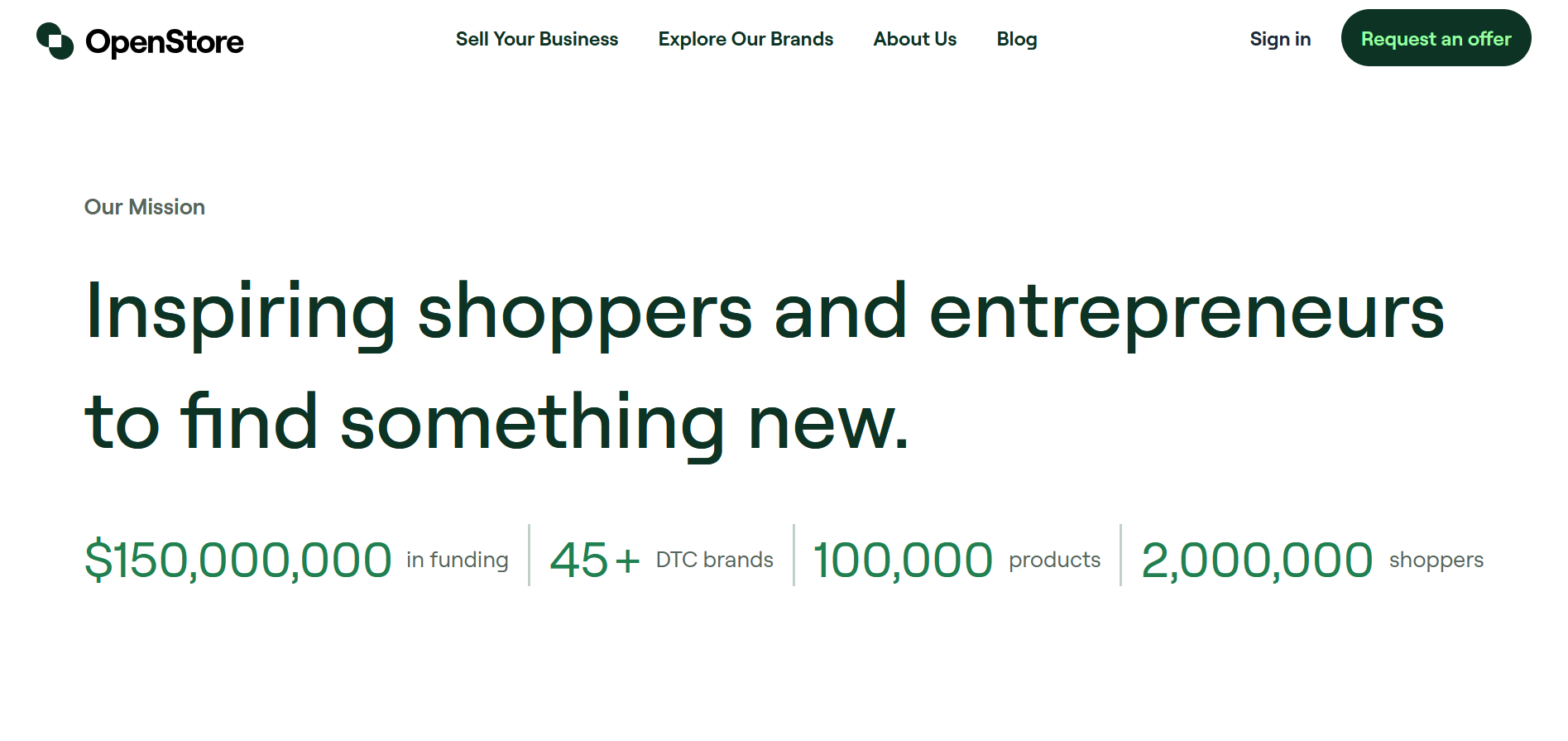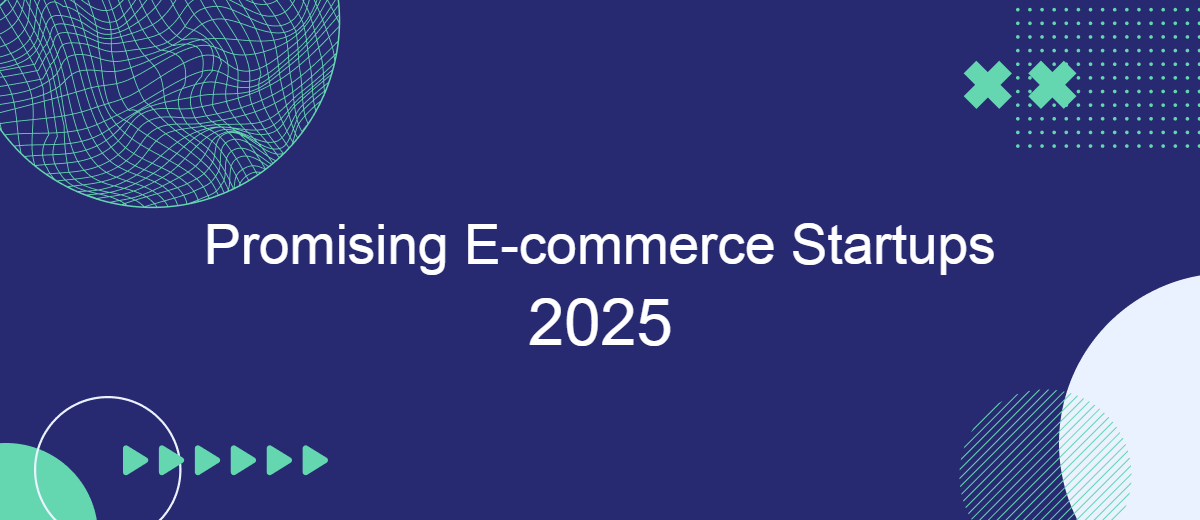E-commerce is one of the fastest-growing and most rapidly developing business segments. Innovative startups that can rethink traditional approaches to online trading play a significant role in this growth. They are already setting the development vector and influencing the future of e-commerce, offering fresh ideas, technologies and formats of interaction with customers. In this article, we will tell you about the five most promising e-commerce startups of 2025, show what problems they solve and what opportunities they open up for the market.
Whatnot

Source: Whatnot
Launched in 2019, Whatnot is considered one of the promising e-commerce startups. According to TechCrunch, it reached $2 billion in GMV (total sales volume) in 2024. The main advantage of the platform is its original hybrid structure. It combines a traditional online marketplace with a system for conducting video auctions in real time.
Key features:
- Whatnot registered sellers host virtual auctions via live-streaming to attract buyers and drive sales.
- The service is an online marketplace with classic listings that allow sellers to add descriptions, specifications and images of products.
- The platform's catalog contains over 250 categories. Among them are both mass-market goods (shoes, clothes, bags, accessories, watches, etc.), and collectible or unique products (game and sports cards, comics, video games, toys, vintage items, and more).
- Whatnot targets the 18–34 age group (Gen Z and Millennials) in the US and Europe. The company is headquartered in Los Angeles, with hubs in the UK, Ireland, Germany and Poland.
- The platform charges a standard fee of 8% of the item's value. Additionally, the seller pays a processing fee of 2.9% + $0.30 per transaction amount (including taxes and shipping).
- Sellers have access to demand stimulation tools: discounts, promotions, special offers, etc. Built-in analytics functions help them collect and study data on audience engagement, item activity and sales indicators, as well as current e-commerce trends.
- Automate the work with leads from the Facebook advertising account
- Empower with integrations and instant transfer of leads
- Don't spend money on developers or integrators
- Save time by automating routine tasks
Rokt

Source: Rokt
Rokt deservedly takes its place among the top e-commerce startups, offering progressive solutions for optimizing online transactions and improving sales performance. This solution helps companies maximize the value of each customer interaction, making the checkout process personalized and convenient. The AI technologies implemented in it allow companies not only to increase conversion, but also to improve the user experience at all stages of the transaction.
Key features:
- Developed using AI and ML, the Rokt Brain engine effectively optimizes the interaction of an online store with customers. At the transaction stage, they are offered the most relevant products or services.
- The multi-sided marketplace Rokt Brain brings together advertisers and partner resources. The former promote their brands and products, on a performance basis, while the latter earn additional revenue from advertising.
- The Rokt AfterSell module automatically generates personalized product offers with discounts and bonuses, showing them to customers in the shopping cart and when placing an order.
- The Rokt Pay+ function analyzes the payment options available to the client, recommending the most advantageous options with cashback, discounts or other loyalty programs.
- Rokt Thanks module helps improve the user experience by sending each customer a thank-you message and a personalized offer after their transaction.
- The built-in mParticle analytics module uses advanced AI in e-commerce technologies to collect and process large amounts of customer data via API. Businesses receive valuable insights that help them improve audience engagement, increase advertising efficiency, and increase sales.
ShopMy

Source: ShopMy
ShopMy is one of the most notable online shopping startups. It offers an all-in-one marketing platform for brands and content creators in the fashion, beauty, and lifestyle industries. The service combines affiliate marketing, collaboration management, and content monetization capabilities. The system is focused on mutually beneficial cooperation between brands and influencers. The former gain access to a loyal and engaged audience, while the latter gain transparent tools for generating income through recommendations, reviews, and digital showcases.
Key features:
- ShopMy is an innovative alternative to traditional paid advertising and SMM platforms. It helps users monetize their published product reviews and other content.
- Through integrations with brand and retail loyalty programs, influencers can manage collaborations and earn revenue for monetized content directly through the platform.
- Authors are paid automatically every Friday via PayPal and Stripe. The service's commission is 10–30% depending on the specific brand or retailer.
- ShopMy's affiliate network includes over 47,000 brands and over 250 partner companies. Influencers can communicate with companies via built-in chat, launch collaborations, publish monetizable content, and earn rewards.
- The Digital Shops tool allows content creators to create virtual storefronts featuring their recommended products and brands. Here, they share posts with their audiences reviewing new products, posting personalized collections, gift guides, and more.
- The Affiliate Links feature allows influencers to easily and quickly monetize their content through automatically configured links. With it, no commission payments from partner brands will be missed.
- The Brand Partnership format helps influencers establish and develop sustainable partnerships with multiple brands. A number of tools are provided for this: collaboration management, online chats, individual promo codes, gift requests and much more.
OpenStore

Source: OpenStore
OpenStore appeared on the market in 2021 and has been actively developing in the best e-commerce startups segment since then. The platform offers a solution for entrepreneurs who want to sell their Shopify store, focusing on speed, transparency, and the technology-driven nature of transactions. Thanks to an automated evaluation system, a minimum number of steps and guaranteed payments, the service simplifies the exit from commerce and helps owners monetize their business without wasting time and resources.
Key features:
- OpenStore only buys marketplaces that meet certain criteria: have been in business for at least 6 months, have sales of at least $500,000, have the majority of their buyers and sellers in the US, and have a product group that is not banned on Facebook.
- Those wishing to sell their store must fill out a form on the website, indicating the main indicators and attaching a link. The project team will review the received application within 3–5 business days and send the seller an offer if it is approved.
- When evaluating a business, OpenStore analyzes a number of indicators: revenue dynamics, number of new customers, repeat purchases, profitability, average order value, customer acquisition costs, and so on.
- The company has acquired over 50 brands that sell over 100,000 products on Shopify across categories such as electronics, accessories, home, health and beauty, and more.
- In 2024, the company introduced an AI-based customer service called OpenDesk. According to its management, the launch of the new product accelerated communication between the system and sellers, improved user experience, and increased the quality of service.
Swap Commerce

Source: Swap Commerce
Completing our review of the most promising e-commerce startups of 2025 is an all-in-one platform called Swap Commerce. It offers a comprehensive solution to optimize key aspects of merchant operations: from inventory management and logistics to taxation and returns. The service allows entrepreneurs to focus on business development, freeing them from routine tasks and reducing operational risks.
Key features:
- Swap provides comprehensive services for e-commerce companies, freeing them from the need to independently manage and track operational processes. This eliminates the need to think about such tasks as inventory control, international shipping and customs clearance.
- The AI algorithms implemented in the platform flexibly automate the monitoring and management of the online store's inventory. To achieve this, they make forecasts and recommendations based on historical data and trends.
- Swap helps merchants ship their products quickly and reliably to customers around the world. The service automatically files tax returns, issues VAT refunds and other duties, and offers convenient payment methods for customers.
- Swap allows customers to easily process returns and exchanges of their ordered items. The company also guarantees protection for packages sent to recipients in the US and other countries through its global partners (UPS, DHL, FedEx).
- Entrepreneurs can track the operational activity of their online store and manage its various parameters (stock, orders, income, returns, etc.). In addition, they can receive personalized insights in a convenient dashboard on the platform's website.
Conclusion
E-commerce continues to transform rapidly, and it is e-commerce innovation that plays a decisive role in these changes. The startups presented in our review are not just adapting to the market — they are shaping its future. Each platform solves specific problems of online business: from order personalization and automation of operations to the purchase of Shopify stores and content monetization. Thanks to this, e-commerce is becoming more technologically advanced, scalable and customer-oriented.
The implementation of AI solutions plays a significant role in this area today. Artificial intelligence helps to accelerate business processes, optimize logistics and improve the efficiency of communication with clients.
Promising startups demonstrate how innovation is becoming an integral part of modern digital commerce and will shape its development for years to come. Their successful cases confirm that technological rethinking of business models can bring tangible value to both companies and their customers.
Also read on our blog:
- Google Lead Form and Smartsheet Integration: Automatic Addition of Rows
- Perplexity AI: The AI-Powered Search Engine Revolutionizing Information Access
- Speed Up Your Sales: How SMS Automation Gets Leads to Buy Faster
- Google Sheets vs Airtable: The Ultimate Spreadsheet Face-off
- How to Integrate TikTok and Notion: Step-by-Step Guide

